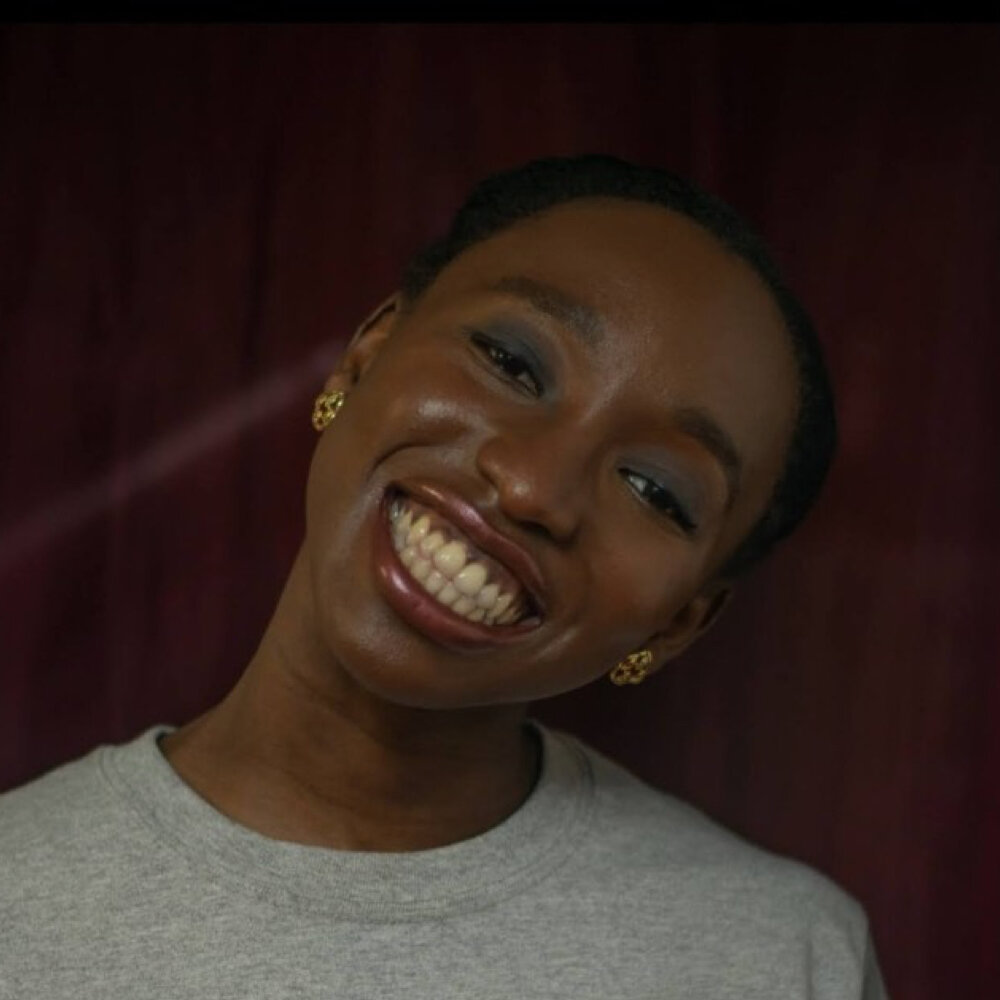Manuella Lewetchou Djomaleu
UCSF School Of Medicine
The biggest obstacle on my journey to medical school was myself. I grew up in Bafoussam, Cameroon, a place with a weak healthcare infrastructure. Due to my background, I believed that I didn’t belong in medicine. It didn’t make sense for an immigrant who grew up without having a pediatrician to dream of being a doctor. Self-doubt was a paralyzing fear that followed me throughout my entire journey; until I learned, I should be a physician precisely because I’m an immigrant who grew up without stable healthcare.
I decided to become a doctor when I shadowed a pediatrician at a Federally Qualified Healthcare clinic. Prior to that experience, I didn’t know if there was connection between medicine and my identity. While shadowing the pediatrician, we encountered a child who had an undocumented status. He had severe constipation because his mother had delayed seeking care because of immigration. Although, this patient didn’t have insurance, the hospital system was still committed to providing him with a pediatrician who instructed him on his next steps, a translator who ensured that his mother understood the information, and a nurse who updated his vaccinations. That experience presented me with a patient who reminded me of myself in so many ways. He received a quality of care that I wouldn’t have received at his age in Cameroon. I learned that there is a space for me in medicine, precisely because there are patients who share my background. I learned the importance of taking into account a patient’s social context when providing care. Although I became determined to become a physician, I still felt discouraged because I didn’t see many black female physicians in my environment.
However, I was lucky that I had strong mentors in my corner to support me in my journey. Although I didn’t think that I was ready to apply to medical school, I wrote my personal statement anyway and sent it to my mentors to get their advice. Although the statement wasn’t perfect, they were willing to work with me to get it to perfection. When I was studying for my MCAT, I was convinced that I was going to fail. I studied for the MCAT while being a full-time student and having two part time jobs. I was ready to quit because the task at hand just seemed so impossible. But I had a great mentor who would encourage me to get up and to keep studying.
Although self-doubt followed me at every stage of my journey, from studying for midterms to flying to interviews, I was fortunate that I had a strong support network filled with phenomenal women who reminded me that I was enough. When I applied, I made it my goal to be fully authentic throughout the entire process. If it wasn’t for my mentors, I wouldn’t have been able to see that there is power in being myself, and that being a physician is an attainable goal for a Cameroonian immigrant.
